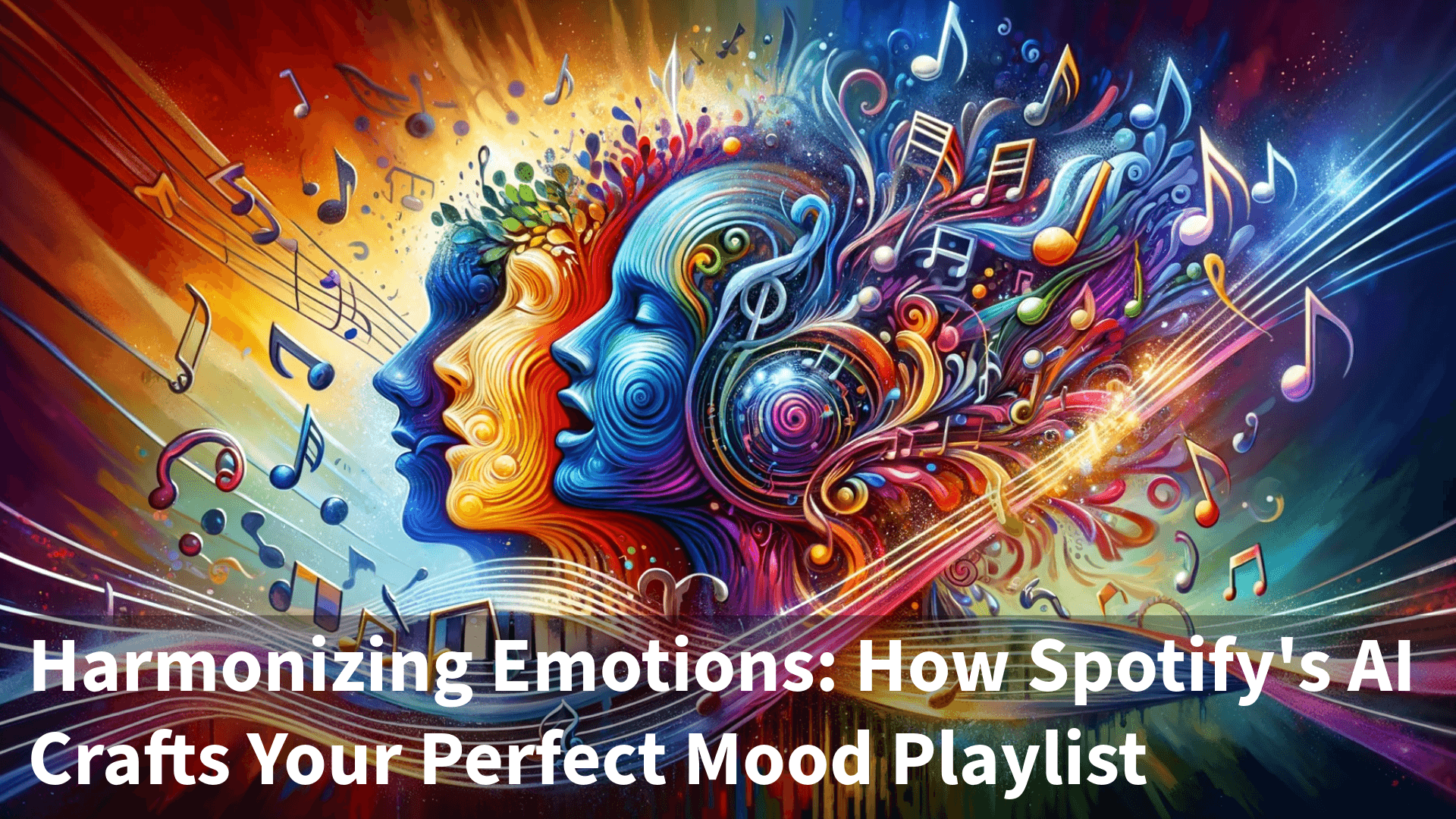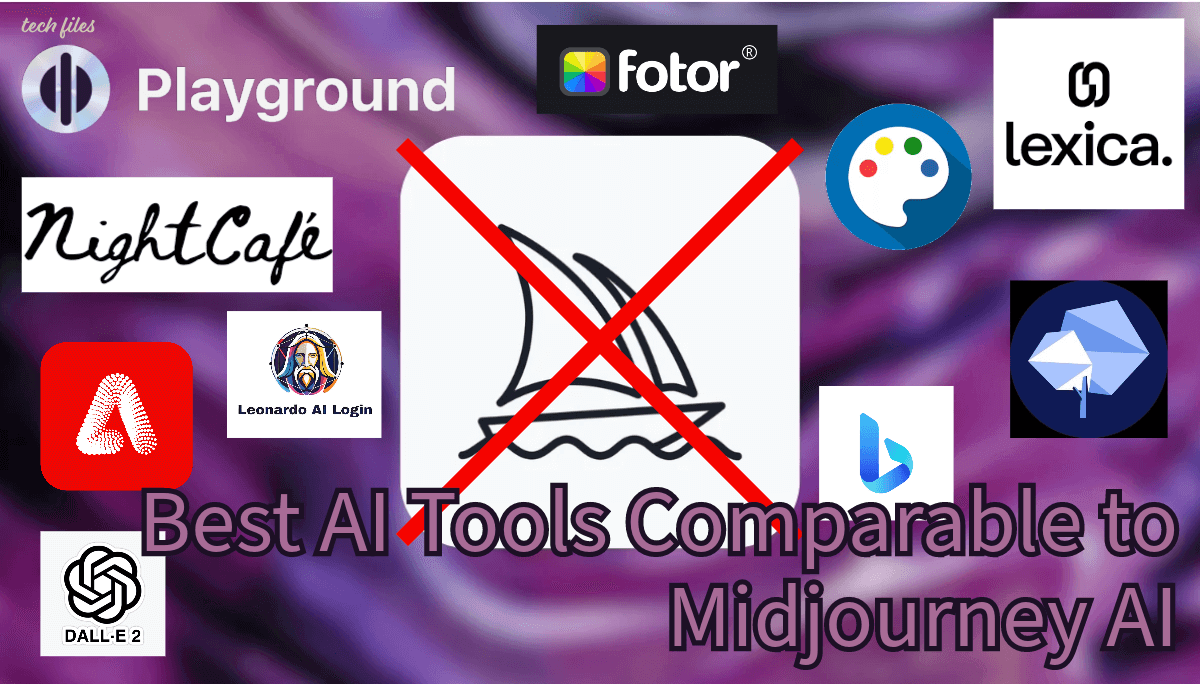Can human brain defeat artificial intelligence

Whether the human brain can defeat artificial intelligence (AI) is a complex question that depends on how you define “defeat” and what tasks you are considering.
In some specific tasks, AI has already surpassed human capabilities. For example, AI programs can now beat humans at chess, Go, and Jeopardy. AI can also recognize objects, translate languages, and write different kinds of creative content more accurately and efficiently than humans.
However, AI still has some limitations. For example, AI is not as good as humans at tasks that require common sense, creativity, or social intelligence. AI also struggles to learn new things in a way that is comparable to humans.
So, can the human brain defeat AI? It depends on the task. In some tasks, AI is already superior to humans. But in other tasks, humans still have the edge. It is also possible that AI will eventually surpass human capabilities in all tasks, but this is not guaranteed.
Ultimately, the question of whether AI can defeat the human brain is a question that only time can answer. As AI continues to develop, it will become increasingly difficult to say definitively who is smarter. But one thing is for sure: the competition is only going to get more interesting.
Some of the advantages and disadvantages of human brains and AI
Human Brain
- Advantages
- Can learn and adapt to new situations
- Can be creative and solve problems in new ways
- Can understand and respond to emotions
- Can have subjective experiences
- Disadvantages
- Are limited by the physical body
- Can be biased and make mistakes
- Can be slow to process information
AI
- Advantages
- Can process information much faster than humans
- Can access and store vast amounts of data
- Can be objective and make decisions based on logic
- Can be programmed to perform specific tasks with great accuracy
- Disadvantages
- Can be narrow in its focus
- Can be easily fooled by misleading data
- Can be difficult to explain how it makes decisions
- Can be biased by the data it is trained on
It is important to note that these are just generalizations. There are many different types of AI and human brains, and each one has its own strengths and weaknesses. The question of who is smarter is ultimately a matter of perspective.
Some examples of tasks where human brains and AI have different strengths and weaknesses
- Chess : In chess, AI has already surpassed human capabilities. This is because AI can process information much faster than humans and can calculate millions of possible moves in a fraction of a second. Humans, on the other hand, are better at understanding the strategic implications of different moves and at making creative plays.
- Go : Go is another game where AI has surpassed human capabilities. Go is a much more complex game than chess, and it requires a deep understanding of strategy and tactics. AI programs have been able to learn these strategies and tactics by playing millions of games against themselves. Humans, on the other hand, still struggle to master Go at the highest level.
- Jeopardy : In Jeopardy, AI has also surpassed human capabilities. This is because AI programs can access and store vast amounts of information, and they can quickly and accurately answer questions about a wide range of topics. Humans, on the other hand, are better at understanding the context of questions and at using their knowledge to answer questions in creative ways.
- Recognizing objects : In tasks that require recognizing objects, AI is generally better than humans. This is because AI programs can access and store vast amounts of data about objects, and they can use this data to identify objects more accurately and efficiently than humans. Humans, on the other hand, are better at understanding the context of objects and at using their knowledge to identify objects in new or unusual situations.
- Translating languages : In tasks that require translating languages, AI is also generally better than humans. This is because AI programs can access and store vast amounts of data about languages, and they can use this data to translate languages more accurately and efficiently than humans. Humans, on the other hand, are better at understanding the nuances of language and at translating languages in a way that is natural and fluent.
- Writing different kinds of creative content : In tasks that require writing different kinds of creative content, humans are still generally better than AI. This is because humans have a deep understanding of language and creativity, and they can use this understanding to write content that is original, engaging, and meaningful. AI programs are still struggling to match the creativity and expressiveness of human writers.
These are just a few examples of tasks where human brains and AI have different strengths and weaknesses. As AI continues to develop, it is likely that AI will surpass human capabilities in more and more tasks. However, it is also likely that humans will continue to have certain advantages over AI, such as the ability to learn and adapt to new situations, the ability to be creative, and the ability to understand and respond to emotions.










Sharing is caring!